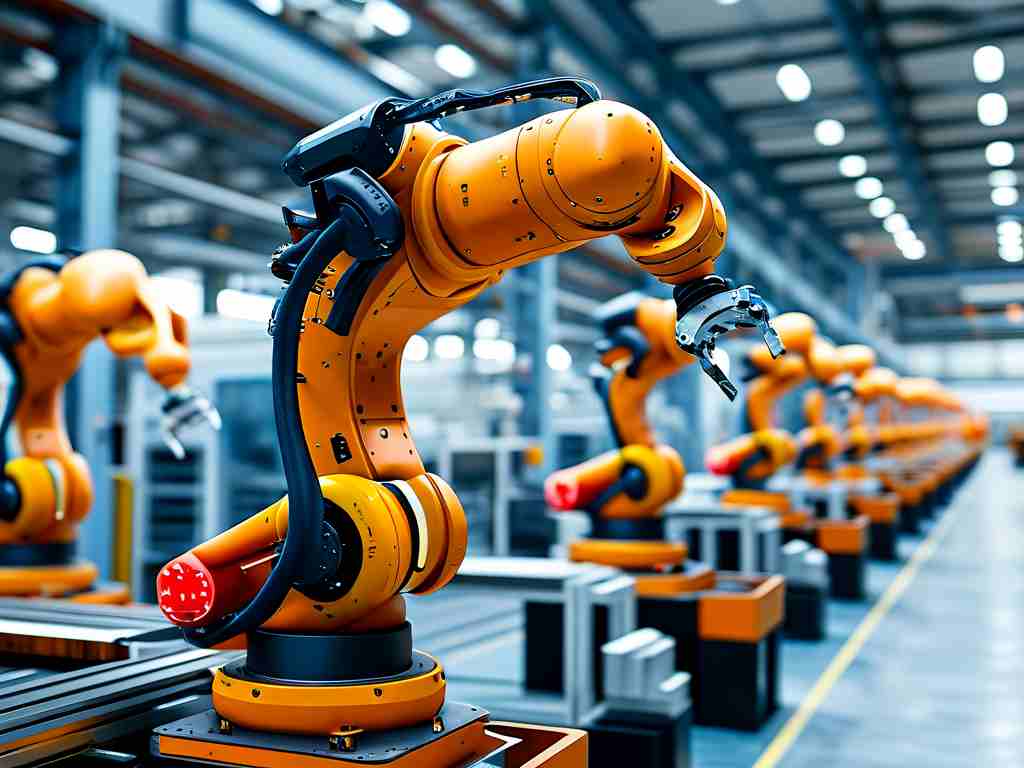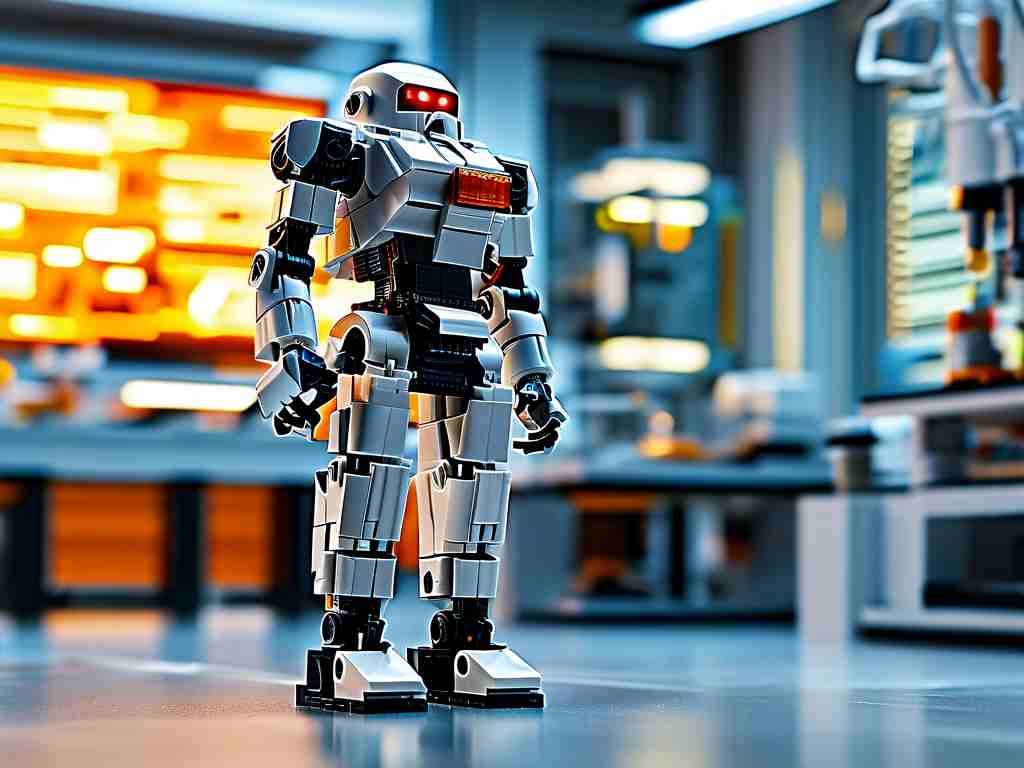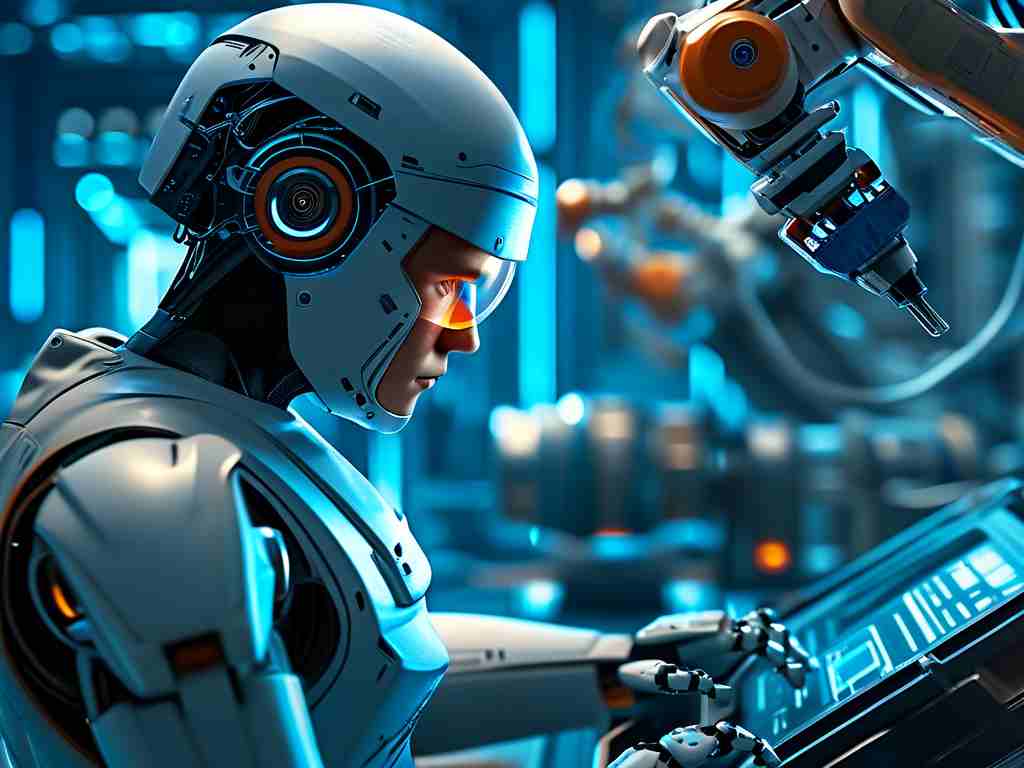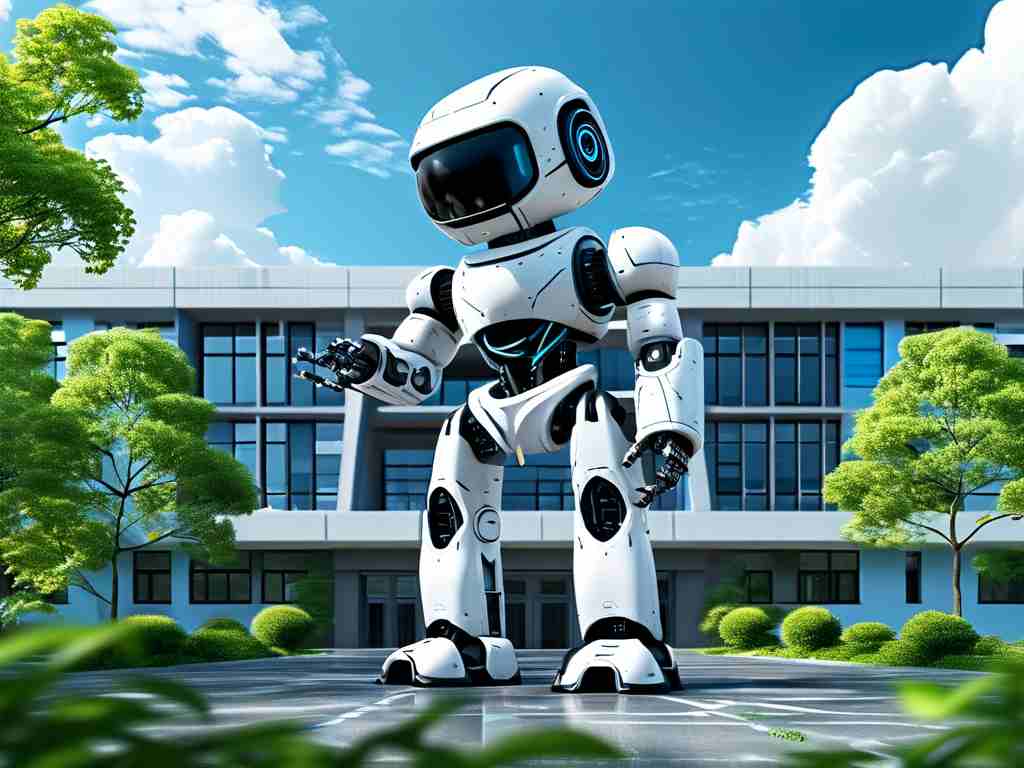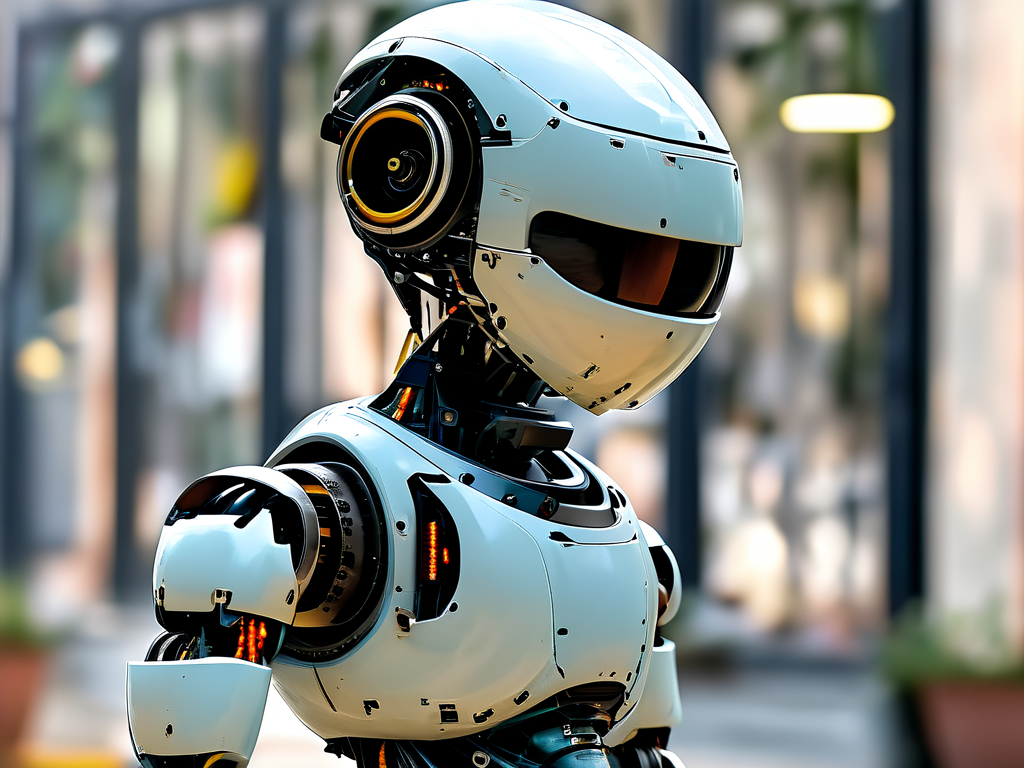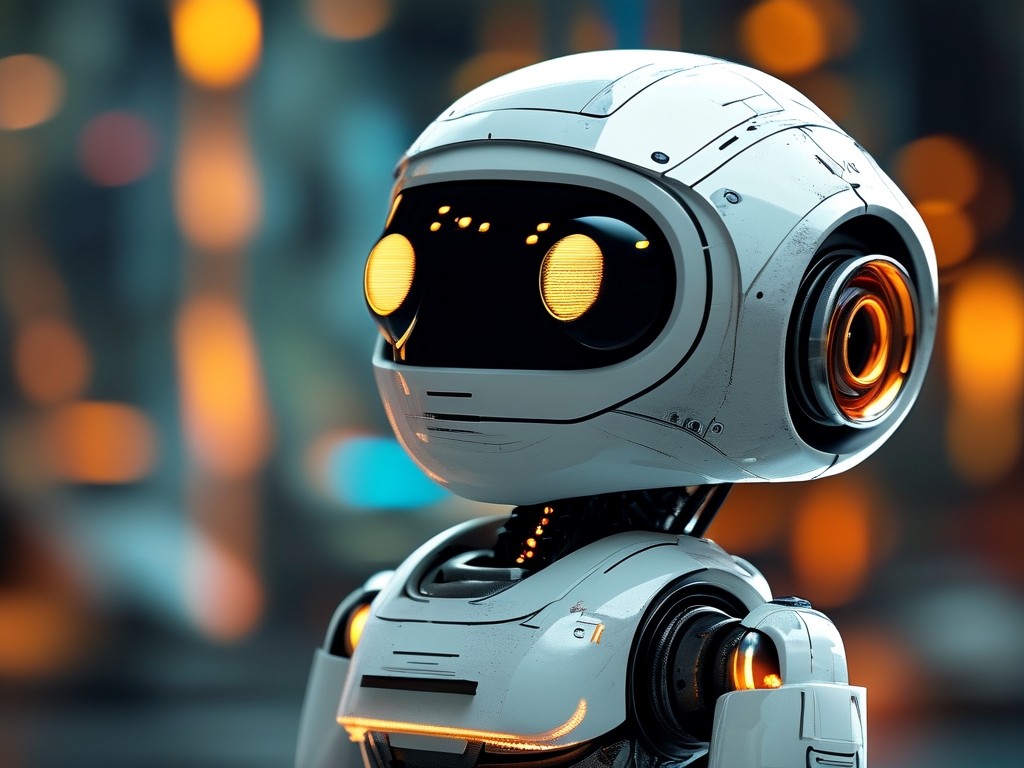The global robotics industry is accelerating at an unprecedented pace, driven by breakthroughs in artificial intelligence, sophisticated sensor technologies, and advanced materials science. This surge creates a critical demand for highly specialized engineers capable of designing, implementing, and managing the next generation of intelligent robotic systems. Pursuing a Master of Science in Advanced Robotics Technology Systems (MSc ARTS) represents a strategic investment for engineers aiming to lead at the forefront of this technological revolution. This specialized degree moves beyond foundational undergraduate robotics, immersing students in the intricate complexities of modern robotic autonomy, adaptability, and human-robot collaboration.
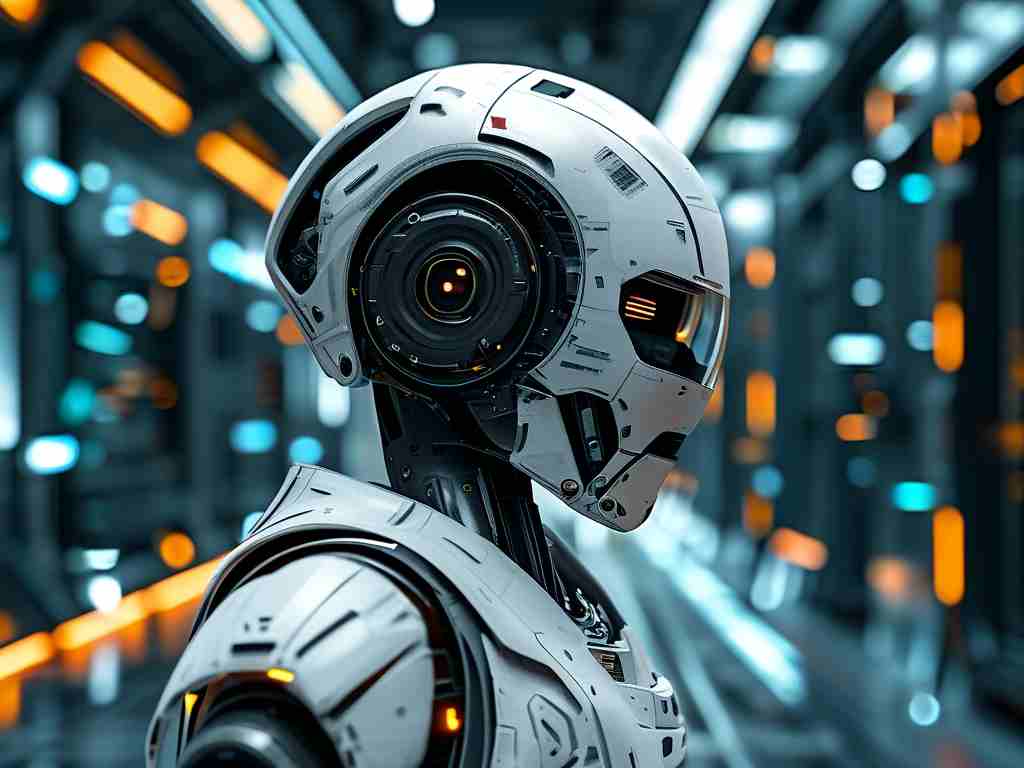
A core pillar of the MSc ARTS curriculum is its profound depth in robotic perception and cognition. Students master cutting-edge techniques for enabling machines to understand their environment. This involves rigorous study of multi-sensor fusion strategies (combining LiDAR, stereo vision, radar, and tactile sensors), sophisticated 3D scene reconstruction using point cloud processing algorithms, and real-time object recognition powered by deep convolutional neural networks (CNNs) trained on massive datasets. Courses delve into probabilistic state estimation methods like Kalman and Particle Filters, essential for robust localization and navigation in dynamic, uncertain settings. Understanding these perceptual pipelines is fundamental to creating robots that operate reliably in unstructured real-world environments, from cluttered warehouses to disaster zones.
Equally crucial is the mastery of robotic intelligence and control architectures. The program explores advanced control theory applied to complex, often non-linear robotic systems – think agile legged robots or compliant manipulators interacting delicately with objects. Students engage with trajectory optimization, model-predictive control (MPC), and adaptive control schemes. A significant focus is placed on AI integration: developing algorithms for decision-making under uncertainty, task and motion planning (TAMP), machine learning for skill acquisition (reinforcement learning, imitation learning), and fostering natural human-robot interaction (HRI) through intuitive interfaces and understanding human intent. Courses often utilize simulation environments like Gazebo and the Robot Operating System (ROS 2) for developing and testing these complex autonomy stacks before physical deployment.
System integration and practical implementation form another vital dimension. The MSc ARTS program emphasizes translating theoretical concepts into tangible, operational robotic systems. This involves hands-on work with diverse robotic platforms – industrial arms, mobile bases, aerial drones (UAVs), and humanoid prototypes. Students gain proficiency in integrating hardware components (actuators, sensors, embedded computing units like NVIDIA Jetson) with sophisticated software architectures. They tackle real-world challenges in power management, real-time computing constraints, communication protocols (ROS, DDS), and ensuring system safety and reliability. Our lab sessions frequently involve multi-week projects where teams design subsystems for autonomous navigation, dexterous manipulation, or collaborative task execution, mirroring industry R&D cycles.
The multidisciplinary nature of modern robotics is reflected in the curriculum’s breadth. Foundational courses in advanced mathematics (optimization, linear algebra) and computational methods provide the necessary toolkit. Specialized electives allow students to tailor their expertise, diving deep into areas such as:
- Medical Robotics: Focusing on surgical assistance systems, rehabilitation devices, and imaging-guided interventions.
- Autonomous Vehicles: Covering perception stacks, path planning, vehicle dynamics, and V2X communication.
- Soft Robotics: Exploring compliant materials, novel actuation methods, and bio-inspired designs.
- Multi-Robot Systems: Investigating coordination algorithms, swarm intelligence, and distributed task allocation.
Distinctive MSc ARTS programs typically feature state-of-the-art research labs equipped with industry-grade robots (UR cobots, KUKA arms, Boston Dynamics Spot, custom research platforms) and sensor suites. Students often contribute directly to faculty-led research projects funded by agencies like NSF, DARPA, or leading tech companies, tackling problems at the bleeding edge of robotics science. This research immersion is invaluable, fostering innovation, critical problem-solving skills, and the ability to disseminate findings – skills directly transferable to R&D roles.
Graduates of Advanced Robotics Technology Systems Master's programs are exceptionally well-positioned for impactful careers. They are prime candidates for roles such as Robotics Software Architect, Autonomy Engineer, Perception Scientist, Robotics Research Engineer, Systems Integration Specialist, and Technical Project Manager. Industries actively seeking this talent span manufacturing (smart factories, flexible automation), logistics and warehousing (autonomous mobile robots - AMRs), healthcare (surgical robots, exoskeletons), aerospace (inspection drones, space robotics), agriculture (autonomous harvesting), and defense. The degree also provides a robust foundation for pursuing a Ph.D. for those inclined towards academia or advanced industrial research.
In essence, a Master's in Advanced Robotics Technology Systems is not merely an academic credential; it's a transformative journey into the core competencies required to shape the future of automation. It equips engineers with the deep theoretical understanding, practical systems engineering skills, and innovative mindset necessary to conceive, build, and deploy intelligent robotic solutions that address complex global challenges and redefine what machines can achieve alongside humanity. The demand for this expertise will only intensify, making graduates key architects of the automated future. One of our alumni, now leading a perception team at a major autonomous vehicle company, recently remarked that the relentless focus on translating sensor data into actionable intelligence during their MSc project was the single most crucial factor in their rapid career advancement. Are you prepared to engineer the next leap in robotic capability?



